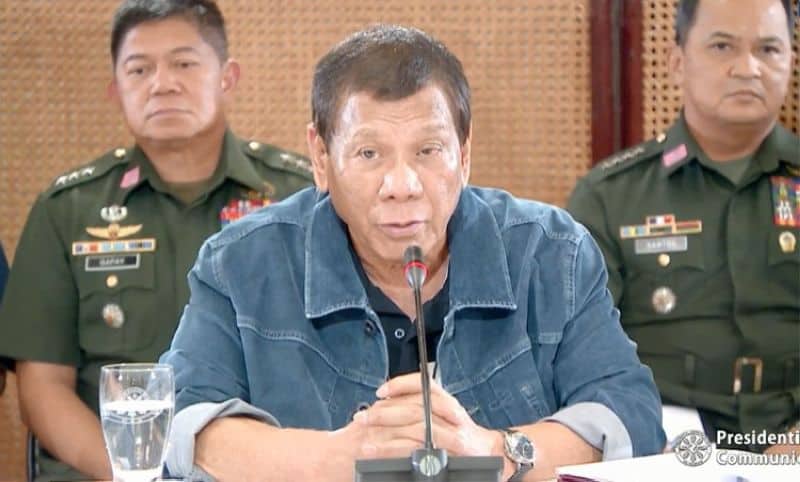
Last updated on May 7th, 2021 at 06:58 am
A month long lockdown in the Philippine capital to contain the spread of coronavirus is set to curb economic growth and make an interest-rate cut next week more likely.
Growth could weaken to below 6% in the first quarter of the year, according to Nicholas Mapa, an economist at ING Bank in Manila. With more than 12 million people, the Manila region accounts for 40% of the Philippines’ gross domestic product, a figure that rises to nearly two-thirds if you include surrounding localities, he said. The Philippine Stock Exchange Index dropped by more than 11% early Friday, then recouped part of the decline after a 15-minute trading halt. The peso fell for a third straight day, to 51.145 to the dollar.
President Rodrigo Duterte said Thursday night he’s placing the capital region on lockdown until April 14, restricting entry for travellers from countries with local transmission and suspending domestic travel to and from Metro Manila. “Consumption will bear the brunt of the slowdown, with restricted movement for Filipinos and curfews in effect,” Mr Mapa said Friday. “Growth will likely drop below 6% in the first quarter and likely stay at this level” if the outbreak persists.
The lockdown also makes an interest rate cut next week a certainty, with the possibility of the central bank moving by a bigger-than-projected 50 basis points, said Gareth Leather, an economist at Capital Economics Ltd. The central bank lowered its benchmark interest rate last month by 25 basis points to 3.75% — its fourth cut in the past year — in what it described as a pre-emptive move. The bank won’t hold an off-cycle rate meeting, Governor Benjamin Diokno said Thursday. He has quarantined himself after coming into contact with an infected person, and doesn’t plan to hold a press briefing following the March 19 policy meeting.
Philippine government agencies will be reduced to skeleton crews, meaning they probably won’t be rolling out any major infrastructure projects or hiring workers, Mr Mapa said. Capital formation will likely be subdued, with limited appetite for long-term investments in such a volatile situation, he said.




